Aaronsrod
Seriously, how were this band never massive? They came from the comparative heavy metal backwater of Hawaii, sure, that might have had something to do with it, but back in 1986 when Aaronsrod released their staggeringly good Illusions Kill debut, they seemed to have just about everything going for them.
A heady mix of the melodicism of Dokken and the brute force chug of Crazy Nights-era Loudness, Aaronsrod came fully equipped, or at least it seemed, to take on the world. High profile support slots for bands like Ratt and Judas Priest didn’t do the cause any harm either, but still the band missed the boat.
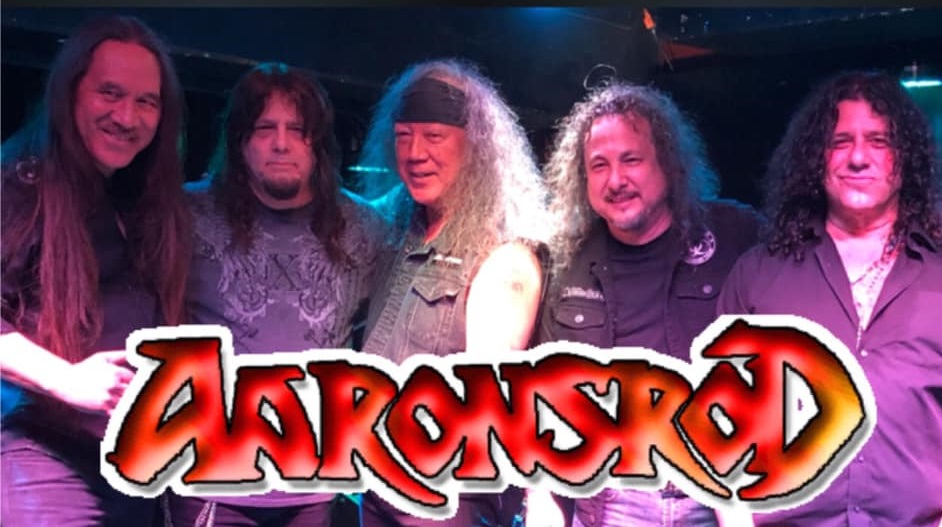
Illusions Kill is packed to the rafters with anthemic eighties metal, given a raucous power metal edge by the biting guitars of Brian Spalding and Neil Delaforce and rounded out by the classy vocals of Angelo Jensen, a man blessed with the sort of honey-tinged yet gravelly voice only American vocalists seem to possess. Tracks like Roll the Dice still sound fresh today, whilst album closer the pompous Khorams Blade saw the band giving more lauded US contemporaries like Crimson Glory and Fifth Angel a run for their money.
The album’s failure effectively killed the band off, although they returned in 2009 with an album called Afterlife and are reportedly recording tracks for a new album, said to be entitled XXX even as we speak – the very brief clip your correspondent has heard was enough to whet the appetite! And if this new work is even half as exciting as Illusions Kill then we’ll be in for something of a treat… – Gavin Strickmann
A is also for… Abattoir
LA pseudo-thrashers Abattoir never quite made the big time, despite being the possessors of a couple of pretty fine albums in the shape of their 1985 debut Vicious Attack and it’s follow-up, The Only Safe Place from 1986. Formed by Juan Garcia (who went on to prominence in Agent Steel, among other projects), they were probably closer in spirit to traditional metal than out-and-out thrash, and had a fine vocalist in Mike Towers (who came on board for that second album, having replaced Steve Gaines) whose classic, semi-high pitched wail – think Virgin Steele’s David Defeis in his early days – was probably a bit too classy for most thrash metal fans at the time.
:format(jpeg):mode_rgb():quality(90)/discogs-images/A-362088-1282125109.jpeg.jpg)
Looking back, The Only Safe Place is actually a very solid US power metal release, propped up by some fantastic bass playing by the Geezer Butleresque Mel Sanchez – listen out for his stellar contribution to the Dio-styled Nothing Sacred – and only occasionally breaking into anything more than a stately trot. When they do, on tracks like the excellent Under My Skin and Night of the Knife, they burn, but for the most part the band is content to dole out the classic traditional US power metal sound in excelsis.
This was a problem, of course as, having ridden into the public eye on the coat tails of the thrash movement the band were never quite heavy – or fast – enough to appeal to the hardcore mosh crowd, and their fanbase more or less evaporated after The Only Safe Place’s release. The band is currently reported as being ‘on hold’, so although Garcia is currently listed as being part of the band we may never again hear his undoubted axe talents being exhibited under the Abattoir banner. – Scott Adams
A is also for… Ace Lane
Purveyors of classy hard rock a la Diamond Head, Ace Lane, who featured former Gaskin man Stef Prokopczuk amongst their ranks burned brightly for about ten minutes in the early eighties. Featuring a definitive ace in the pack in vocalist Mick Clarke (whose only other appearance on record as far as I can work out is as a backing vocalist on rockabilly revivalist Shakin Stevens’ Lipstick, Powder and Paint), a man whose classic British hard rock voice is right up there with the greats of the genre, their sole album, the excellent See You in Heaven was doomed from the start by dint of being released by the troubled Belgian label Mausoleum, a label whose promotional heft just didn’t have the required grunt to push such a good album as this.
:format(jpeg):mode_rgb():quality(90)/discogs-images/R-2850751-1397220898-7472.jpeg.jpg)
Every song reeks of classic rock greatness, with Procopczuk’s Boz Burrelesque four string featuring heavily throughout and the muscular guitars of Gary Sleet and Paul Brook giving every track, no matter how melodic, a steely edge; it’s hard to pick out highlights, although Clarke sounds truly magnificent on Never the Same and Dancing the Night Away should have been a hit somewhere… suffice to say the rubbishness of the label and the fact that Ace Lane were British and not American probably were two important factors in the failure of the band to make any impact on mainstream consciousness at all. Which is a shame, because See You in Heaven is an absolute classic of it’s type. – Scott Adams


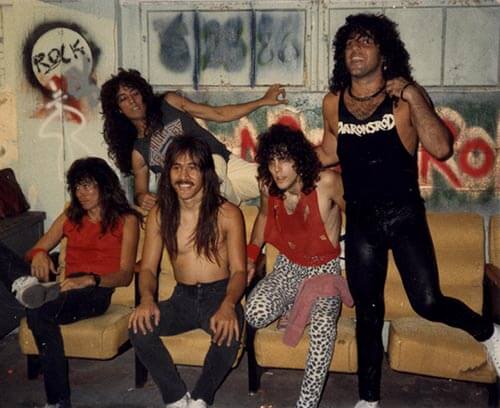
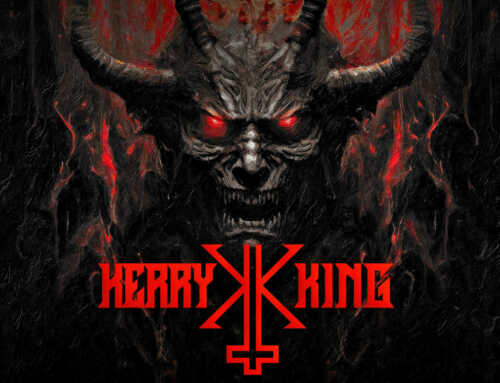
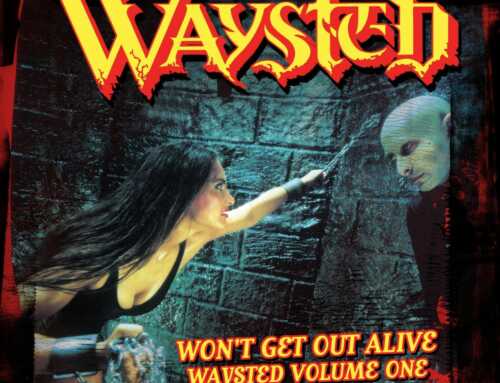
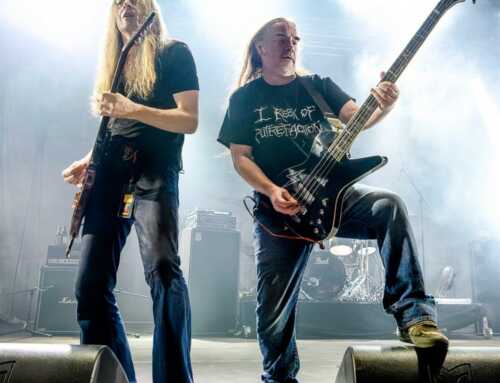
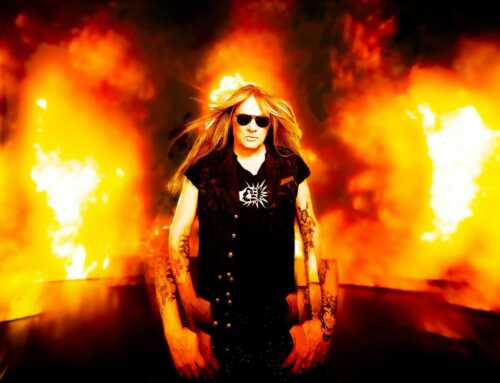
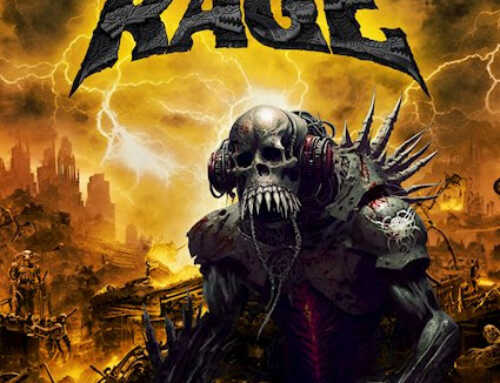
Leave A Comment